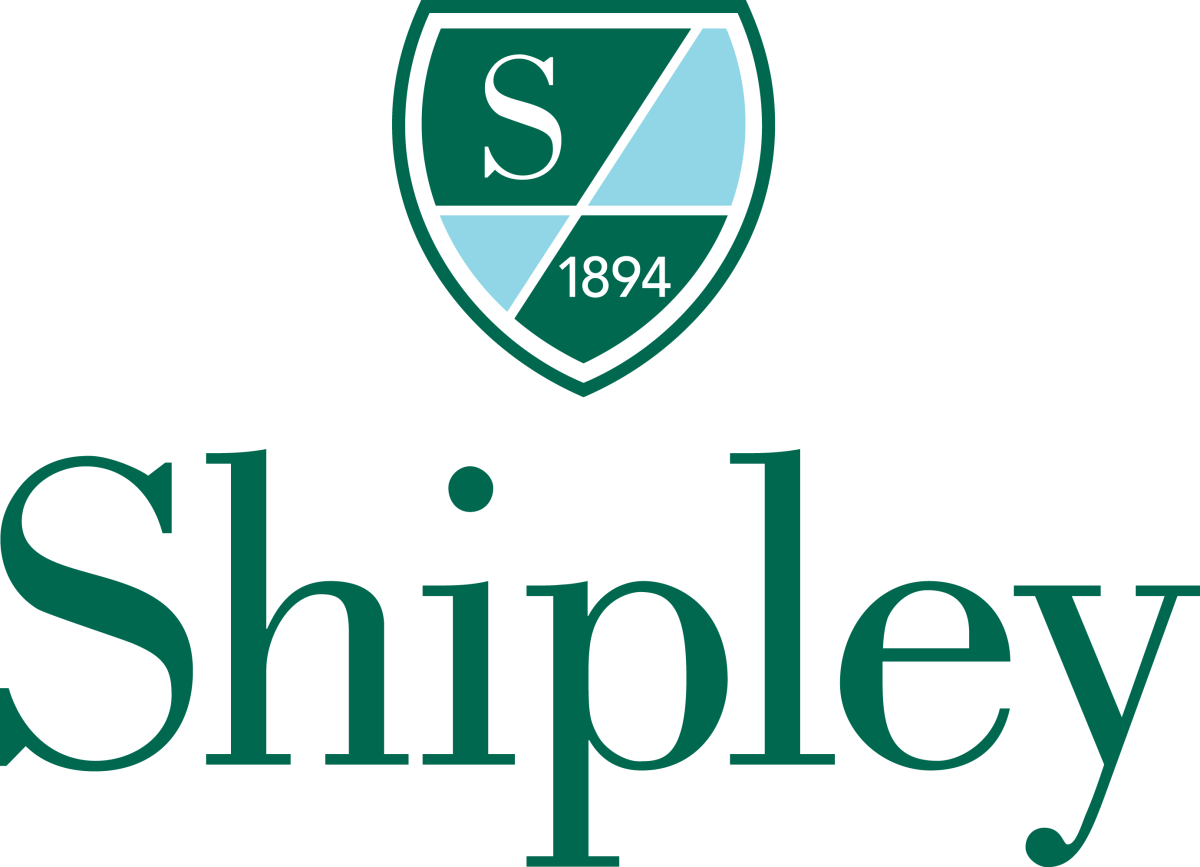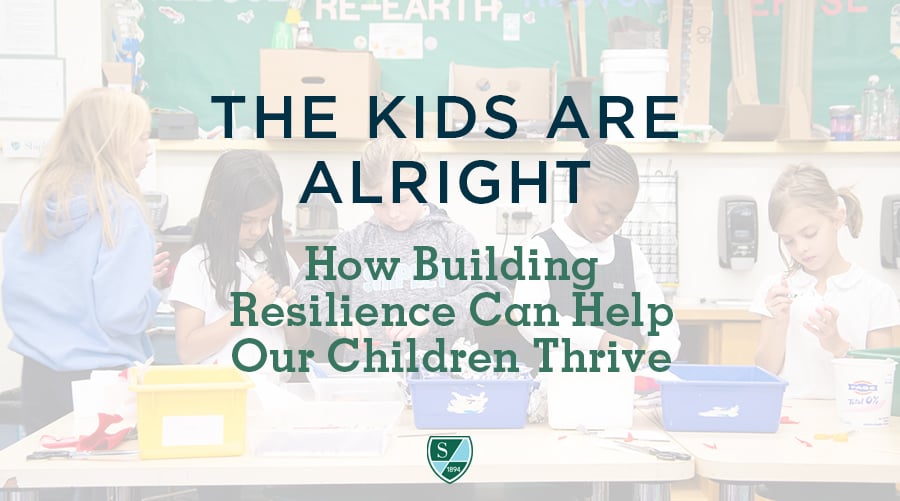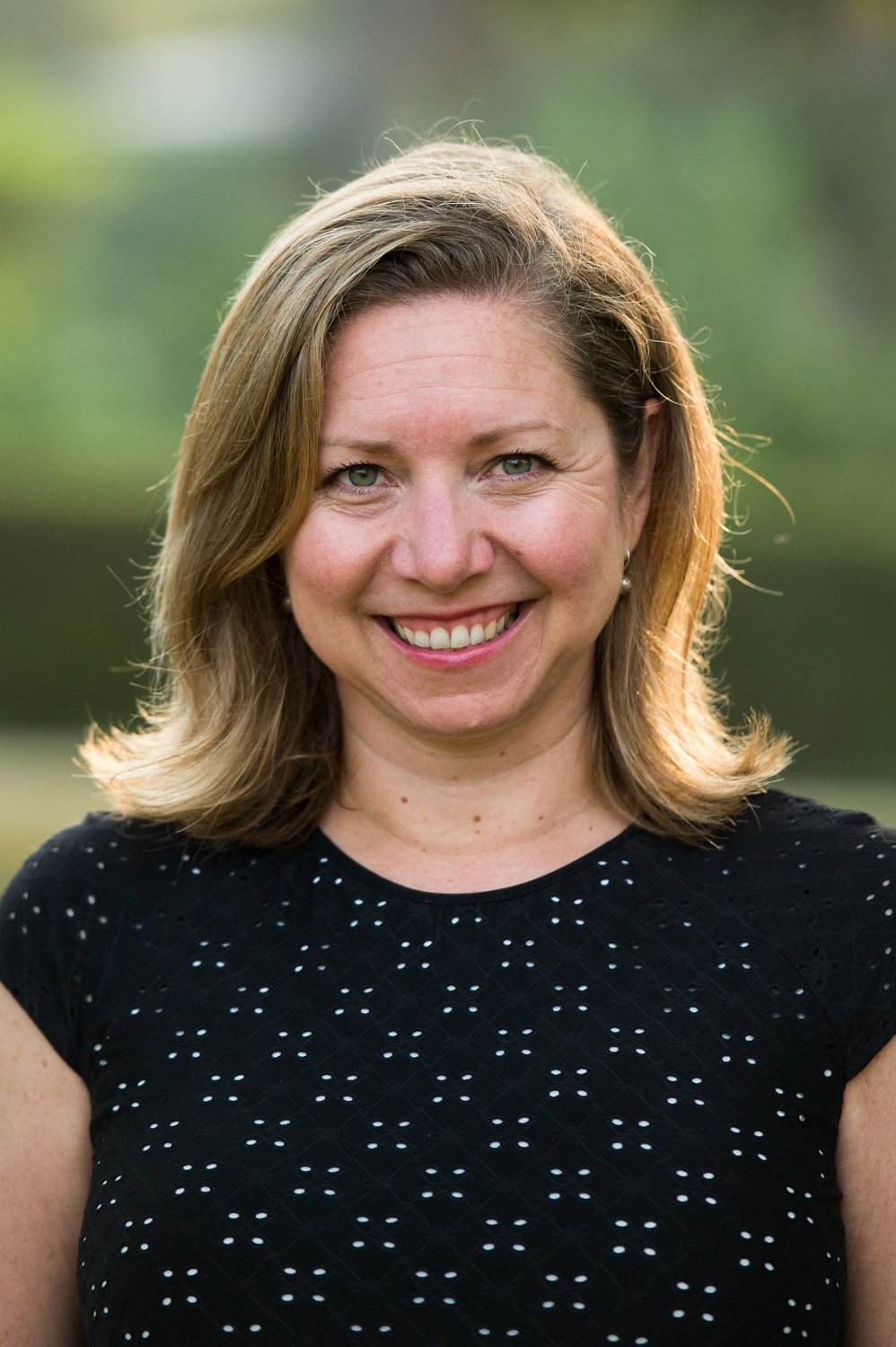For most of my career, my mantra regarding avoidance of difficulty has been, “Don’t let children believe ‘The world is dangerous,’ or ‘I can’t handle it.’ One of the problems with the COVID-19 crisis is that some activities that were previously considered normal and non-threatening (e.g. shaking hands, hugging your friends, going to school) are now considered dangerous. We are all navigating this new and seemingly ever-changing environment, determining what parts of the world are actually “dangerous.” So, my focus this year will be on the second statement, “I can’t handle it,” and helping children, adolescents, and adults replace that with a more resilient statement such as, “I can handle it,” “I got this,” or “We can do this.” At home, parents can, and should, adopt these mantras, too, so children can build resilience to handle uncertainty.
The American Psychological Association defines resilience as “the process of adapting well in the face of adversity, trauma, tragedy, threats, or even significant sources of stress.” (APA, 2014) Everyone can be resilient. Since no one knows what the outcome of this global pandemic will be, the best we can do is build resilience in ourselves and our children. While there are people who are more resilient than others, we know that resilience is teachable and learnable.
Resilience is one of the foundational concepts of Positive Education. At Shipley, we work to build resilience in our students through direct instruction in our SEED (social, emotional, and ethical development) program that is taught once a week to every Pre-K through Grade 12 student, as well as through reinforcement of resilience by our teachers, advisors, coaches, and administrators. The person whose research and work we rely on most in the area of resilience is Dr. Ken Ginsburg. There are many others doing great work in resilience, but his interventions have been specifically developed for application to children and adolescents. Dr. Ginsburg talks about the “7 C’s” of resilience. I will mention them here, but it is worth taking a look at his website for additional resources for parents and teachers.
The 7 C’s of Resilience, as defined by Dr. Ginsburg, are:
(from http://www.fosteringresilience.com/7cs_parents.php)
Competence: When we notice what young people are doing right and give them opportunities to develop important skills, they feel competent. We undermine competence when we don't allow young people to recover themselves after a fall.
Confidence: Young people need confidence to be able to navigate the world, think outside the box, and recover from challenges.
Connection: Connections with other people, schools, and communities offer young people the security that allows them to stand on their own and develop creative solutions.
Character: Young people need a clear sense of right and wrong and a commitment to integrity.
Contribution: Young people who contribute to the well-being of others will receive gratitude rather than condemnation. They will learn that contributing feels good and may therefore more easily turn to others, and do so without shame.
Coping: Young people who possess a variety of healthy coping strategies will be less likely to turn to dangerous quick fixes when stressed.
Control: Young people who understand that privileges and respect are earned through demonstrated responsibility will learn to make wise choices and feel a sense of control.
One of my favorite quotes around resilience comes from Ann Masten at the University of Minnesota. She says, “Resilience does not come from rare and special qualities, but from the everyday magic of ordinary... human resources in the minds, brains, and bodies of children, in their families and relationships, and in their communities.” Resilience comes from both within your children – their minds, brains, and bodies— and from you— their families, relationships, and communities.
I believe strongly that we can all—teachers, administrators, parents, and students—benefit from building resilience in ourselves and others. We can’t change the virus, but we can change how we respond and react to it and subsequent changes and challenges.










